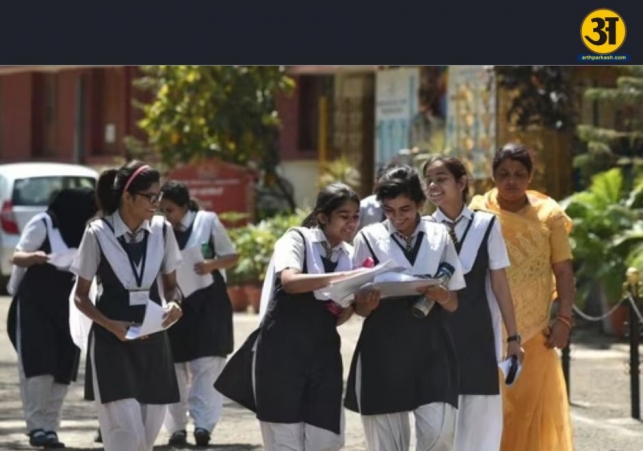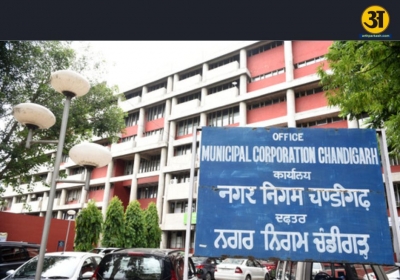
Second CBSE Board Exam for Class 12 under consideration for June
Centre considers second CBSE Board Exam for class 12 in June: report
The central government is contemplating introducing a second board examination for Class 12 students following the CBSE curriculum. This proposal, aligned with the National Education Policy 2020, aims to reduce the stress of high-stakes exams and the extensive syllabus.
Proposal for biannual exams
According to reports, starting from 2026, students may have the option to appear for two board exams annually. Currently, students appear for a single exam in February-March, with results declared in May. The new system would add a second exam session in June, allowing students to improve their scores if needed.
The Ministry of Education has directed CBSE to draft a plan for implementing this biannual exam system. This initiative is part of broader efforts to align with educational reforms that focus on holistic learning and reduced exam pressure.
ALSO READ: NEET-UG 2024: NTA informs Supreme Court video of Telegram paper leak is 'Fake'
Logistics and implementation
Under the proposed system, the first set of exams would continue in February-March, while the second session would take place in June. This schedule is designed to accommodate supplementary and improvement exams, giving students more opportunities to enhance their academic performance.
The CBSE anticipates needing approximately 15 days to conduct the second set of exams, with results expected to be announced within a month, likely by August. This timing aims to fit with college entrance exam schedules and to lessen the burden on teachers during the evaluation period.
The NCFSE emphasizes flexibility in exam scheduling, suggesting that students should have the chance to appear for board exams twice a year, with their best scores considered. This approach not only supports academic performance but also promotes a more balanced approach to student assessment.
In conclusion, the proposed biannual board exams for Class 12 students mark a significant shift towards educational reforms aimed at enhancing learning outcomes and reducing the stress associated with single high-stakes exams. The initiative reflects a commitment to student-centric education, offering greater flexibility and support for academic achievement.





